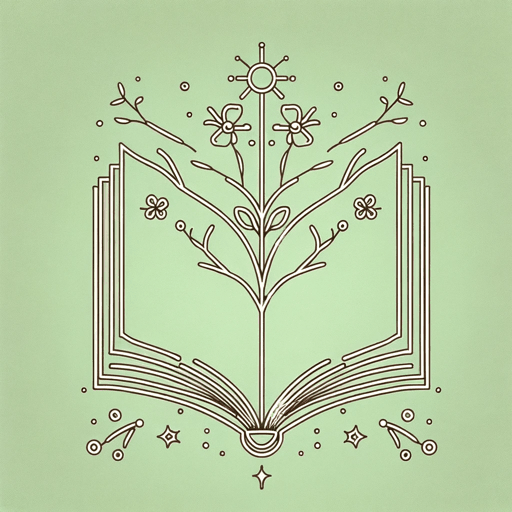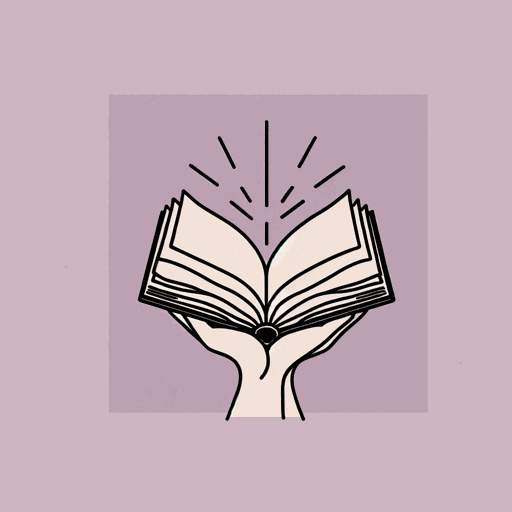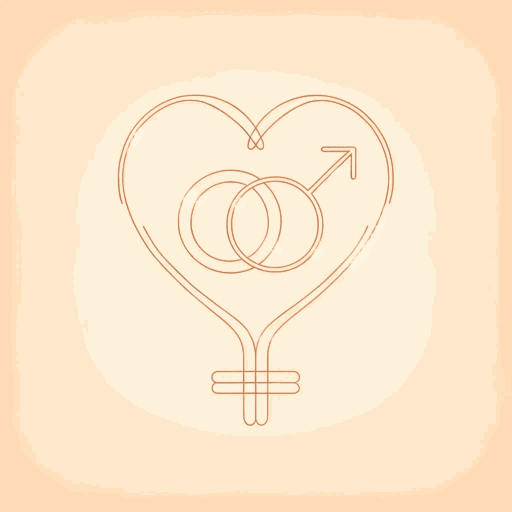43 pages • 1 hour read
bell hooksThe Will to Change: Men, Masculinity, and Love
Nonfiction | Book | Adult | Published in 2003A modern alternative to SparkNotes and CliffsNotes, SuperSummary offers high-quality Study Guides with detailed chapter summaries and analysis of major themes, characters, and more.
Background
Philosophical Context: A History of hooks’s Feminist Theory
hooks devoted her career to intersectional feminism—a sociopolitical lens that identifies and deconstructs myriad oppressive systems that impact multiple identities. hooks was interested in identifying the ways that capitalism, imperialism, racism, and sexism intertwine to contribute to the oppression of various people groups. Intersectionality explores the means by which the combination, or intersection, of factors including race, class, gender, and sexual orientation lead to discrimination against some groups while empowering others. The theory was developed by the Black feminist scholar Kimberlé Crenshaw in the late 1980s. Intersectionality in feminist studies reacted to a wave of feminist theory that excluded Black women from the conversation and failed to recognize the ways that patriarchal structures uniquely target and discriminate against people of color.
hooks’s inaugural book Ain’t I a Woman—named after the speech of the same name delivered by Sojourner Truth in 1851—details the oppression of Black women by white women, white men, and Black men. Her theories echo Truth’s resounding question—“Ain’t I a woman?”—as she challenged the ways in which Black women were excluded from the feminist conversation and the view of women as the weaker sex. Just as Truth posed her question to white women at the Women’s Convention in Akron, Ohio, hooks challenged contemporary white 







Related Titles
By bell hooks

Ain't I A Woman: Black Women and Feminism
bell hooks

All about Love: Love Song to the Nation Book 1
bell hooks

Feminism Is for Everybody: Passionate Politics
bell hooks

Feminist Theory: From Margin to Center
bell hooks

Salvation: Black People And Love
bell hooks

Teaching Critical Thinking: Practical Wisdom
bell hooks

Teaching to Transgress: Education as the Practice of Freedom
bell hooks
